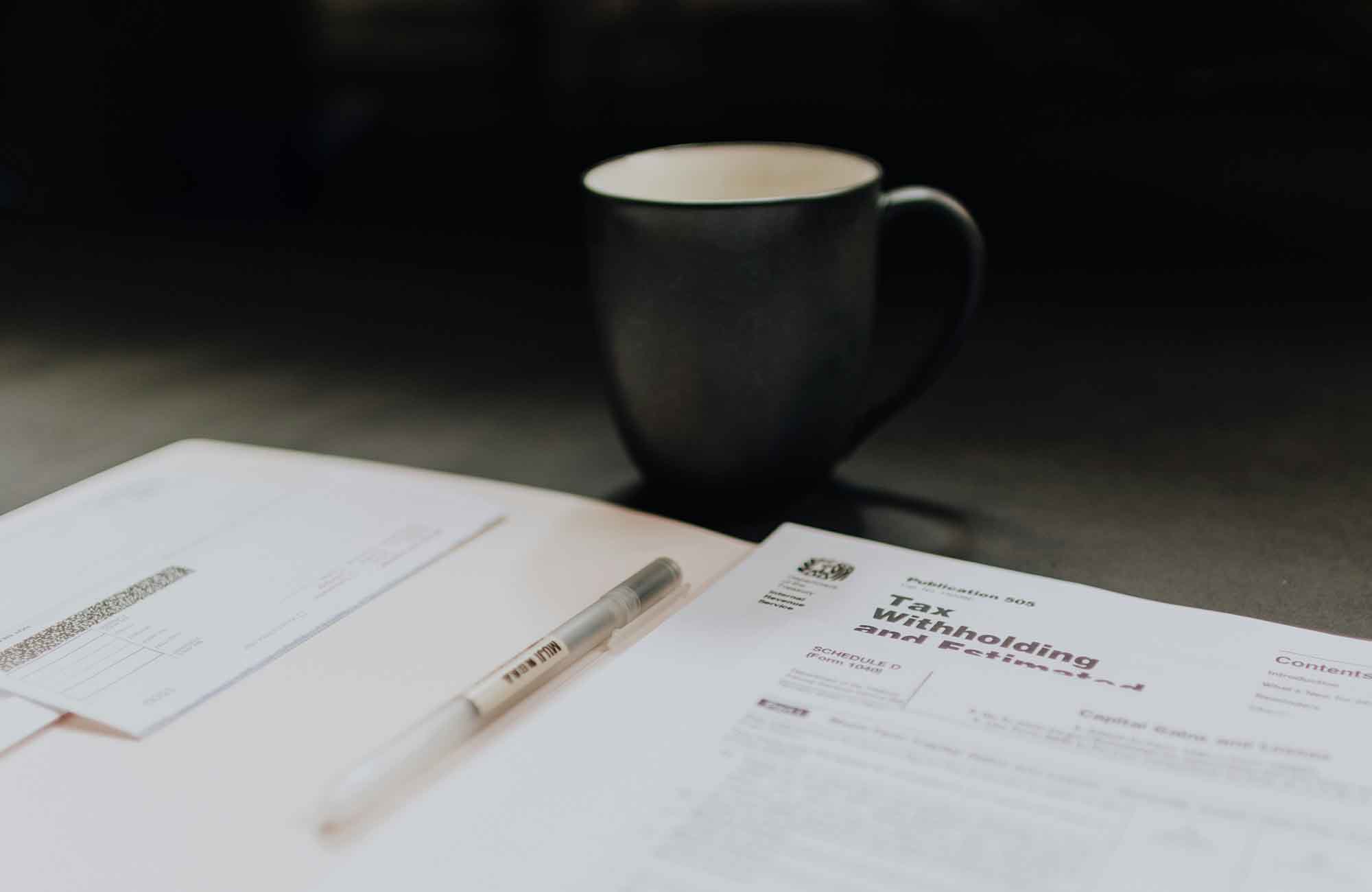
Music Royalties in the US: A Guide to Payments and Types
In the vast landscape of the music industry, the concept of royalties stands as a vital mechanism for compensating creators for the use of their music. Whether you’re an emerging artist, a seasoned composer, or simply a music enthusiast curious about the financial intricacies behind your favorite tunes, understanding how music royalties are paid out in the US is crucial. This comprehensive guide aims to demystify the complex world of music royalties, offering insights into the various types of royalties, how they are calculated, the entities involved in their distribution, and importantly, the frequency at which these payments are made.
The Basics of Music Royalties
Music royalties are payments that rights holders receive whenever their music is used or played publicly. These can be the artists themselves, songwriters, record labels, or publishers. Royalties are generated through various means, including but not limited to, sales, streaming, radio play, and live performances.
Types of Music Royalties
- Mechanical Royalties: Generated when a musical composition is reproduced in physical or digital form. This includes CDs, vinyl, downloads, and streams. In the US, the statutory mechanical royalty rate is set by the Copyright Royalty Board (CRB).
- Performance Royalties: Accrued when a song is played in public, such as on the radio, in restaurants, or via online streaming services. Performance rights organizations (PROs) like ASCAP, BMI, and SESAC collect these royalties and distribute them to songwriters and publishers.
- Synchronization (Sync) Royalties: Earned when music is used in conjunction with visual media — for example, in movies, TV shows, commercials, video games, or online videos. The sync license fee is negotiated on a case-by-case basis.
- Print Music Royalties: Derived from the sale of sheet music and are paid to songwriters and publishers.
- Master Royalties: Paid to the owner of the master recording — typically a record label — whenever a song is reproduced or performed publicly.
How Royalties Are Collected and Distributed
The collection and distribution of music royalties involve several key entities:
- Record Labels: Often receive master royalties and distribute them to artists according to their contractual agreements.
- Music Publishers: Handle the copyrights of songs and ensure songwriters receive their mechanical and performance royalties.
- Performance Rights Organizations (PROs): Organizations like ASCAP, BMI, and SESAC collect performance royalties in the US and distribute them to songwriters and publishers.
- Mechanical Licensing Collective (MLC): A newer entity responsible for collecting and distributing mechanical royalties from digital service providers to songwriters and publishers in the US.
- Sync Licensing Agents: Specialize in negotiating sync licenses and ensuring rights holders are compensated for the use of their music in visual media.
Frequency of Royalty Payments
Understanding the frequency at which royalties are paid is critical for artists and rights holders to manage their finances effectively:
- Mechanical Royalties are distributed monthly by entities like the MLC in the US, though processing times can vary.
- Performance Royalties from PROs such as ASCAP, BMI, and SESAC are typically distributed quarterly, with specific schedules for each organization.
- Synchronization Royalties depend on the terms of the license agreement, often paid partially upfront and the rest upon project completion or release.
- Master Royalties are usually paid out by record labels on a monthly or quarterly basis, depending on the contract.
- Print Music Royalties and Digital Performance Royalties (e.g., from SoundExchange) also follow their own schedules, generally on a quarterly or monthly basis respectively.
Calculating Royalties
The calculation of music royalties varies significantly across different types and uses of music. For mechanical royalties, the CRB sets a statutory rate, which is a fixed amount per sale or stream. Performance royalties, however, are calculated based on factors such as the venue size, the medium (radio, TV, online), and how often the song is played. Sync royalties are entirely negotiated, with no standard rate, depending on the prominence of the music’s use and the budget of the project.
Challenges and Considerations
Despite the structured systems in place, the distribution of royalties is fraught with challenges. Issues such as improper licensing, misattribution of royalties, and the sheer volume of music played across different platforms can lead to delayed or missing payments. Moreover, the rise of streaming services has dramatically changed the royalty landscape, often leading to debates over fair compensation for artists and songwriters.
Conclusion
Navigating the world of music royalties is no small feat. It requires a robust understanding of the different types of royalties, the entities involved in their collection and distribution, the methods used to calculate payments, and the schedules according to which these payments are made.
Browse Beats & Instrumentals
Check out my extensive catalog of more than 500 custom-made beats and instrumentals, available for free download or licensing.


No Comments